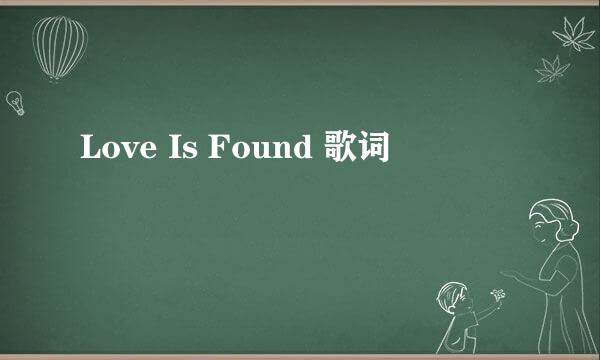I'd love to = I would love to
释义:我很愿意/很乐意/我喜欢”的意思,其中的would是个助动词并表明了主语的意愿,而love是一个行为动词“喜欢”。
举例如下:
I would love to go abroad this year, perhaps to the South of France. (翻乎激橡译:我今年很想出国,可能是去法国南部。)
I would love to play for England again (翻译:我很乐意再次为英格兰队效力。)
I would love to go to this new place with you. (翻译:我会岁旁愿意和你一起去那新的地方。)
I would love to be with you always. (翻译:我一直都想铅搜和你在一起。)
I would love to help you, dear, but I must warn you: I will not lie. (翻译:我愿意帮助你,但是我必须告诉你:我不会撒谎的。)

扩展资料:
would是情态动词,后接动词原形,口语中常略作 ’d。具体使用情况如下:
1、 (表示曾经相信、希望或期待)将,将会
例句:No one believed he would actually kill himself.
翻译:没有人相信他真的会自杀。
2、 (表示曾经打算)将,将会
例句:The statement added that although there were a number of differing views, these would be discussed by both sides.
翻译:这项声明还称,虽然双方观点存在若干分歧,但将就这些分歧展开讨论。
3、(表示可能出现的情况的结果或影响)会,将会
例句:Ordinarily it would be fun to be taken to fabulous restaurants...
一般来说,跟别人去豪华餐馆吃饭会是件乐事。
4、(would 或 would have 与过去分词连用,表示有充分理由认为或猜测是某种情况)肯定,一定,应该
例句:You wouldn't know him.
翻译:你肯定不认识他。
5、 (用于带if从句的疑问句中,表示请求许可做某事)会
例句:Do you think it would be all right if I smoked?
翻译:我可以抽烟吗?
6、原想;本来想
例句:I would have liked a life in politics.
翻译:我本想从政的。
7、但愿
例句:Would that he could have listened to his father.
翻译:他要是听了他父亲的话就好了。



